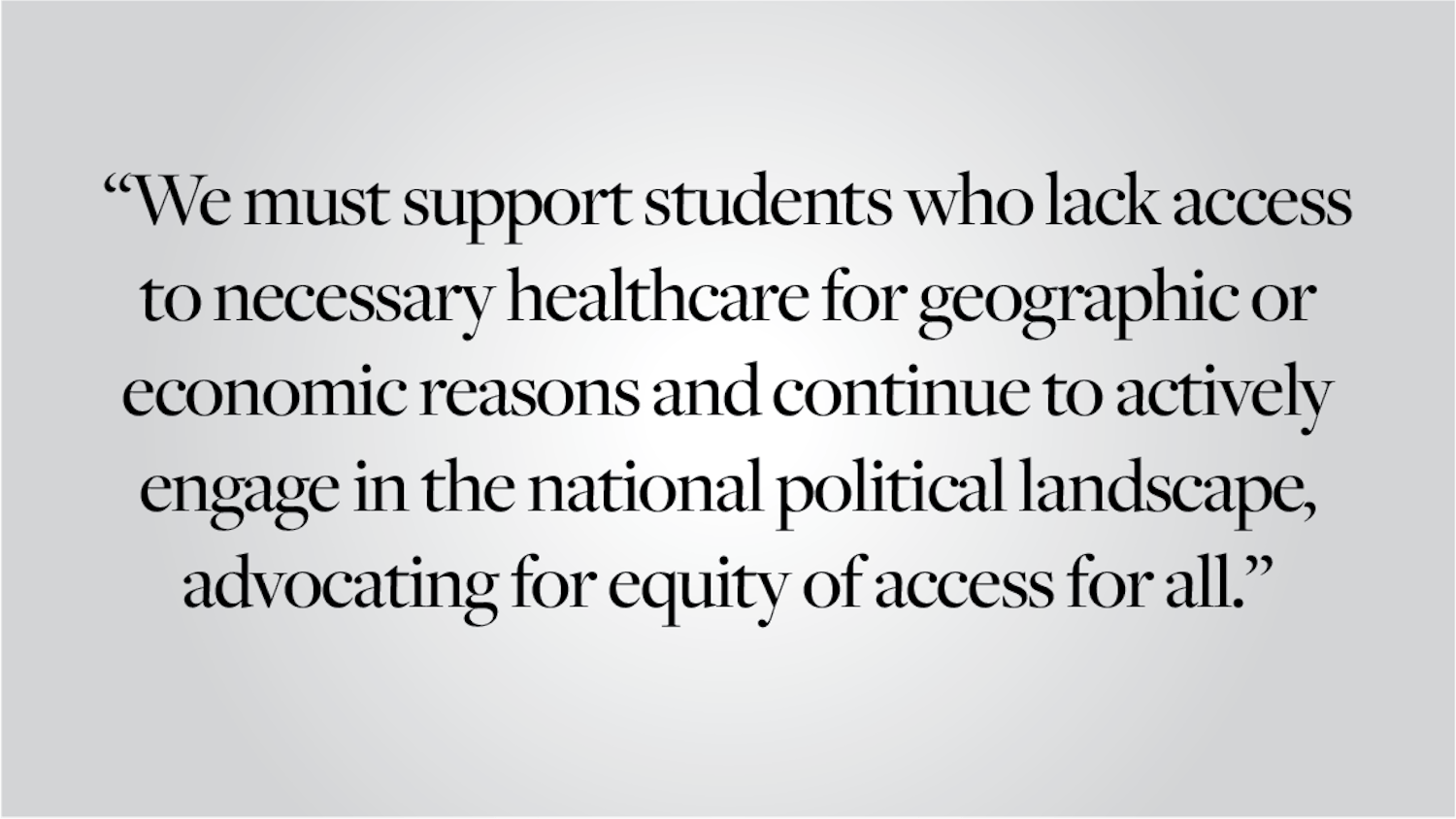Last week, faculty members at the University of Illinois at Chicago participated in a walkout to protest the poor conditions of the school’s adjunct professors. The tenuous status and unfair treatment of adjunct professors have been well documented but rarely have tenured or tenure-track faculty taken a stand to support their adjunct colleagues. We are heartened by this development and hopeful that improvements in adjuncts’ working conditions will continue. The poor treatment of adjunct professors by the academy is shameful, and greater steps need to be taken to ensure not only that all instructors are paid a living wage but also that those who work for years to get PhDs have a reasonable chance of finding tenure-track positions.
Currently, the minimum allowable yearly salary for full-time adjuncts is $30,000. The Chronicle of Higher Education reported last week that 70 of the roughly 380 non-tenure track faculty members at UIC are paid this minimum level. Howard Bunsis, chair of the Collective Bargaining Congress of the American Association of University Professors, said in an AAUP press release that this salary is less than the living wage for Chicago.
These instructors, of course, typically have PhDs that took years to attain. While PhD students may have received tuition waivers, many take on debt to live on small stipends and incur the opportunity cost of years outside the job market. When they receive their PhDs, they should have a reasonable shot at well-paying tenure-track positions, but such jobs are becoming ever more scarce.
It is important to recognize that if colleges and universities are able to get away with hiring academics without paying them professional wages or providing any kind of job security, the market is likely oversaturated. Indeed, as it becomes the norm for those seeking tenure-track positions to send out dozens of applications in hopes of securing even a few interviews, we should ask ourselves why we don’t shut off or shrink the pipeline, to ensure that those who are accepted into PhD programs have a decent shot at securing an academic job.
The answer, of course, is found in the money trail. While colleges and universities deputize graduate students to teach large introductory courses for near-minimum wage, they have no incentive to decrease the number of graduate students they accept each year. These incentives must be changed in order to protect those who are currently shouldering the burden — graduate students and adjuncts. This may mean that PhD programs with low job (either academic or industrial) placement rates would be penalized. Regardless, given the current status of adjunct employment, there are clearly too many of these programs flooding the market with graduates every year. As students make the decision of whether to pursue graduate education, they should have a reasonable expectation of finding academic jobs once they complete their degrees.
Editorials are written by The Herald’s editorial page board: its editors, Matt Brundage ’15 and Rachel Occhiogrosso ’14, and its members, Hannah Loewentheil ’14 and Thomas Nath ’16. Send comments to editorials@browndailyherald.com.
ADVERTISEMENT




